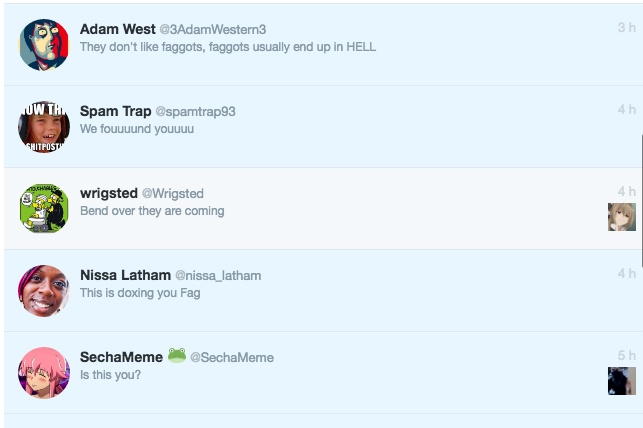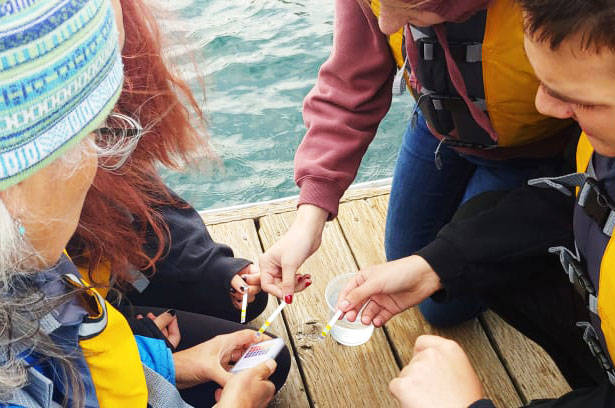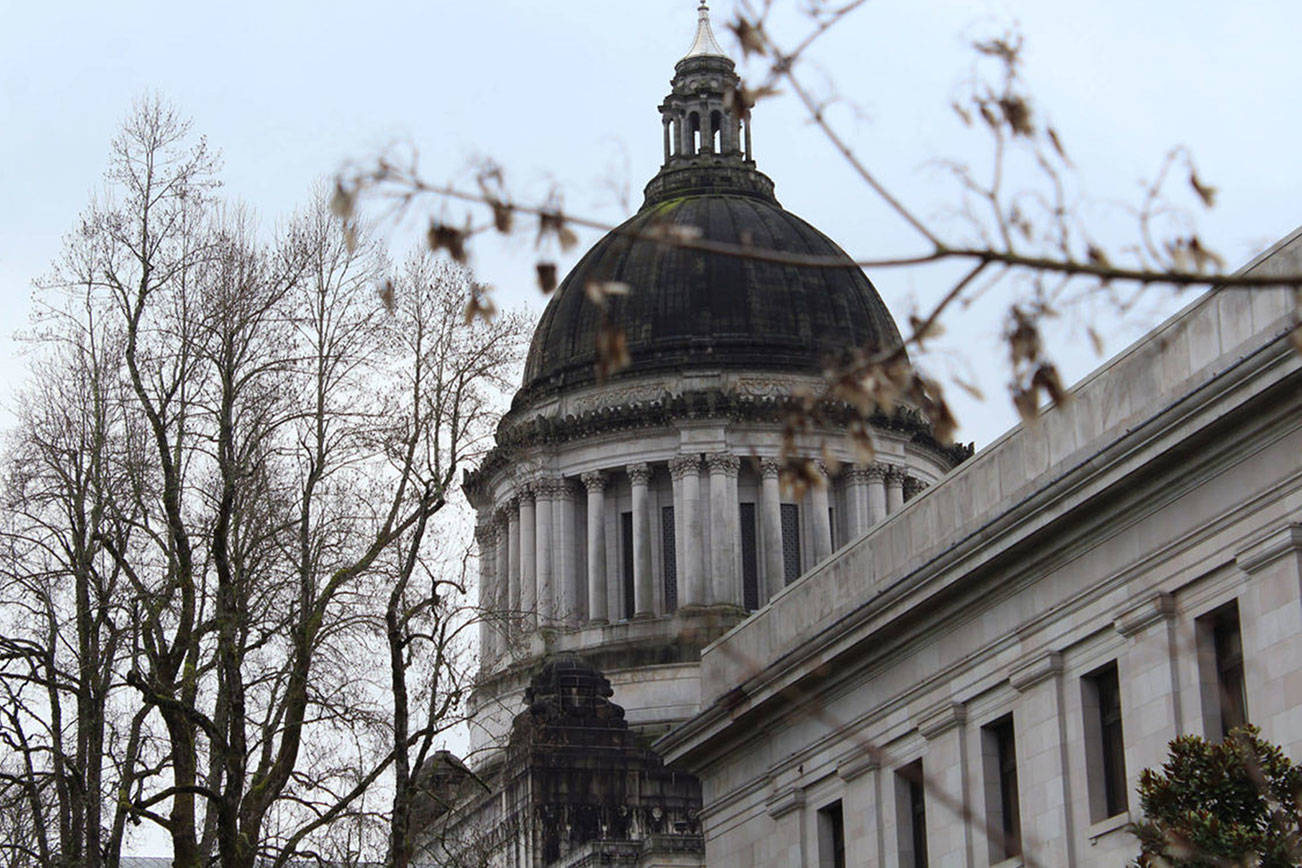When Alan-Michael Weatherford woke up on January 21, he thought he already knew what the bad news was. Donald Trump had been sworn in as President of the United States the day before. How much worse could things get?
But the Comparative Literature, Cinema and Media Department doctoral candidate at the University of Washington awoke before dawn to find that things had gotten worse. He’d been doxxed—the practice people scouring the Internet to find and publish personally identifiying information. On Inauguration Day, Weatherford found “homophobic and transphobic slurs” and threats of rape and other violence posted on several of his social media profiles and in his UW email, he says, along with pictures, contact information and his class schedule. This splurge of bile was unprecedented for him. What caused it?
Weatherford started clicking around the web. Eventually he found a forum on 4chan—an online forum known for its vile content—dedicated solely to figuring out the identity of a protester in a YouTube video. The protester was him. The video was filmed the day before, when Weatherford was part of a teach-in at the UW’s Odegaard Library with undocumented students, he says.
As he and the students left the library, Weatherford says, a man began following and filming the group with his cellphone. Worried that the footage might be used to identify the undocumented students to federal immigration police, Weatherford tried to block the camera with a cardboard sign. The pair began dancing around each other in and out of the street like basketball players as the man tried to film and pursue and Weatherford tried to block him. All the while, they argued back and forth about whether the man was trying to dox the people he was filming, and whether Weatherford was using the term “dox” properly. Eventually, Weatherford says, another friend grabbed the camera-phone out of the man’s hand and refused to return it until the man stopped filming. He agreed, then started filming again as soon as he got his phone back, according to Weatherford. They danced and argued some more, he says, and then Weatherford and his confederates escaped via bus. The end.
Except it wasn’t the end, because the guy filming posted the video to his YouTube channel. It made its way from there to 4chan, where the trolls got to work figuring out who the protester was. An anonymous user posted the video and screenshots, with the (obviously sarcastic) comment, “This guy sure doesn’t want to be doxxed.”
The user continued: “What we know: He has a microphone. Which means he may or may not be an event organizer. He has a gay lisp. His right ear is pierced. One of his badges reads ‘Bad Girls Club’.”
Within an hour another user had found and posted Weatherford’s UW profile, educational history, email, and office location and hours. Some users encouraged each other to complain about Weatherford’s behavior to his bosses for being too radical and for ostensibly assaulting the person filming. Others debated whether the person filming should have “just punch[ed] the fag in the jaw” in legally justifiable self-defense, or whether the cameraman was a “huge cuck fag and got punked by a tranny a fat fag and a woman.” Other comments include “even if he is not the right guy, go for it. total douche,” “alan-michael-weatherford IS A FAGGOT WHO NEEDS HIS HEAD SPLIT” and “There he is, guys. Have fun” with a link to Weatherford’s Twitter account. One user claimed to have seen Weatherford on campus: “UWfag I remember seeing this guy all the time. He was an instructor for spanish before my math class last winter. Can confirm.”
UW has taken Weatherford’s graduate student profile down from its website, though a copy of it has already been publicly archived elsewhere. He’s changed his social media profiles and his office hours and location, and at least once had a colleague teach his class because, as he puts it in the UW Daily, “Not only could I put myself at risk but also my students by entering into my own classroom. It is incredibly easy to find which course I teach now, at what time, and where. I could have this person walk into my room tomorrow and shoot me and my students.”
Weatherford’s been frustrated by the lack of support (police and counselors, basically) from the university, which he says treats each case of doxxing as an individual problem rather than consequences of political climate under Trump. This climate hasn’t been helped, Weatherford says, by the speech delivered by celebrity troll Milo Yiannopoulos at UW on Inauguration Day. Weatherford wasn’t present at the Milo protests, where one anti-fascist organizer was shot, allegedly by a Milo fan. But the shooting is proof of both the violent political polarization that inhabits America today, and the potential for that polarization to lead to actual, literal, gut-bleeding violence (of note, the shooter claimed self defense, much like some people on 4chan suggested the cameraman should have done had he suckerpunched Weatherford).
Gillian Wickwire is currently the only active employee at Safe Campus, UW’s advising service for students, staff or faculty concerned about threats of violence or abuse. She confirms that Weatherford’s case came through her office and says she connected him with what campus services were available.“There isn’t a whole lot my office can do to help him right now because we don’t know who’s the entity doing this,” Wickwire says. She’s officially received only one similar case of doxxing related to the Trump inauguration—a professor who was brazen enough to post on social media about tearing down and critically discussing literal Nazi recruitment posters—but there could be more going unreported. “We’re hearing that this is happening, ‘Everywhere on campus,’” she says. “And it might be, but we’re not getting those reports.”
Asked what victims of doxxing can do to protect themselves, Wickwire was frank: “It’s really problematic and difficult and there’s no easy answer at all. None of the options are ‘good’ ones.”
news@seattleweekly.com








